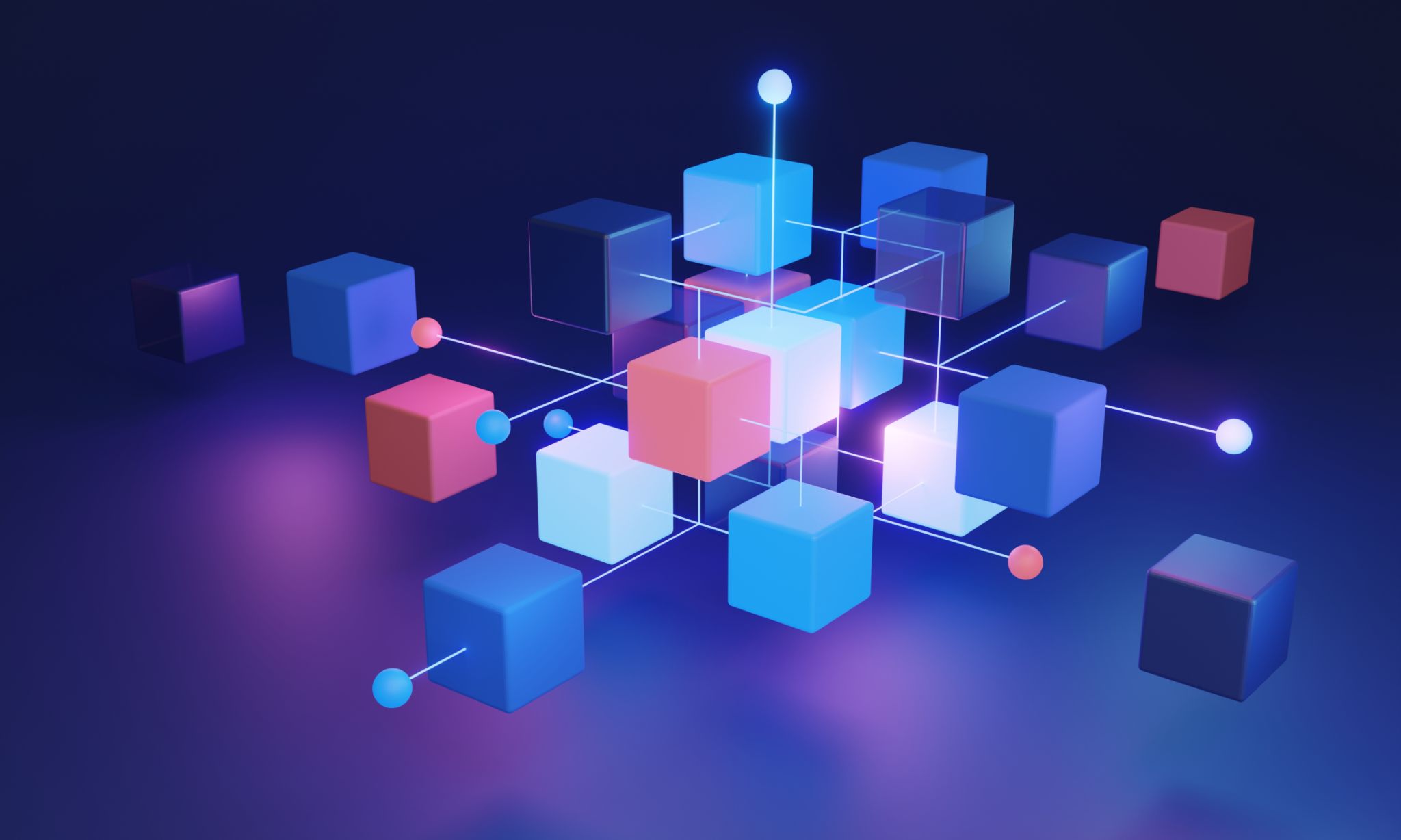How the Future of Decentralized Applications Is Transforming Business Models
The future of decentralized applications, commonly known as dApps, is rapidly transforming business models across various industries. These applications, which run on blockchain technology, offer unique advantages over traditional centralized applications, such as enhanced security, transparency, and efficiency. As companies increasingly explore these benefits, the landscape of business is set to experience significant shifts.
Understanding Decentralized Applications
dApps are software programs that operate on a decentralized network instead of a single server. This means that they rely on a network of computers to function, providing users with more control and eliminating the need for a central authority. With their foundation in blockchain technology, dApps are inherently secure and transparent, making them an attractive option for businesses looking to innovate.
By utilizing smart contracts—self-executing contracts with the terms of the agreement directly written into code—dApps ensure that transactions are carried out automatically and without intermediaries. This not only reduces costs but also minimizes the potential for human error.

Impact on Business Models
As dApps continue to gain traction, they are reshaping traditional business models in several ways:
- Cost Reduction: By eliminating intermediaries and automating processes, dApps significantly reduce operational costs.
- Increased Trust: The transparency and security provided by blockchain technology enhance trust between businesses and their customers.
- New Revenue Streams: Decentralized applications open up new opportunities for monetization, such as tokenization and microtransactions.
These changes enable businesses to operate more efficiently and explore innovative ways of generating revenue.
Industries Embracing dApps
Several industries are at the forefront of adopting dApps, leveraging their benefits to revolutionize their operations:
- Finance: Decentralized finance (DeFi) is a rapidly growing sector that utilizes dApps to provide financial services without traditional banks.
- Supply Chain: dApps enhance supply chain transparency by providing real-time tracking of goods, reducing fraud and inefficiencies.
- Healthcare: Secure and transparent patient data management is made possible through decentralized applications, improving patient outcomes.

The Role of Tokenization
A key feature of many dApps is tokenization, which involves creating digital tokens that represent assets or utilities. Tokenization allows businesses to create new economic models by issuing tokens that can be used within their platforms, providing users with incentives and driving engagement.
For example, a company might issue tokens that grant access to premium features or can be traded on secondary markets, thereby creating a dynamic ecosystem around its services.
Challenges and Opportunities
While the potential of dApps is vast, there are challenges that businesses must navigate. These include regulatory uncertainty, technological complexity, and the need for user education. However, as the ecosystem matures and more resources become available, these challenges are likely to diminish.
The opportunities presented by dApps far outweigh these hurdles. Companies that embrace decentralized applications early on stand to gain a competitive edge in their respective industries by offering innovative solutions that meet the demands of an increasingly digital-savvy customer base.

In conclusion, the future of decentralized applications is promising. As more businesses recognize the transformative power of dApps, we can expect to see a profound shift in how industries operate, leading to more efficient, transparent, and customer-focused business models.
